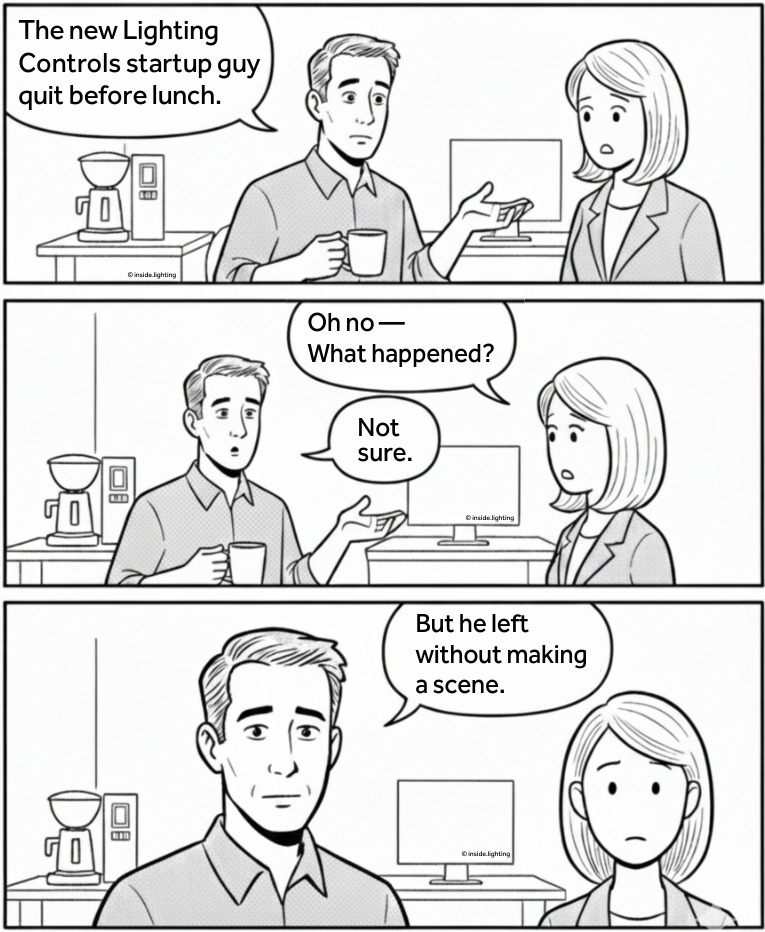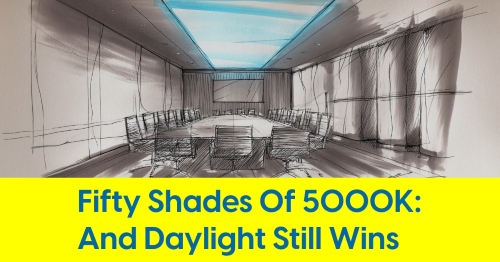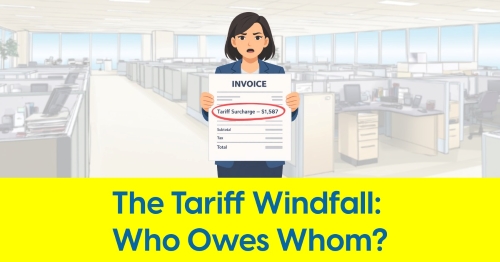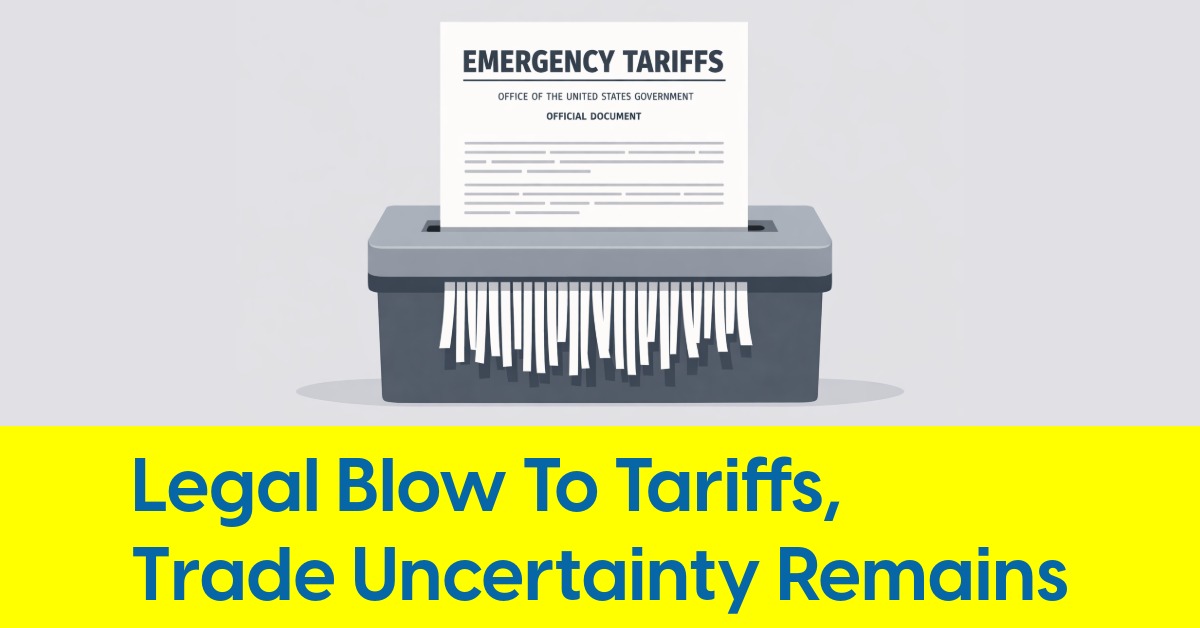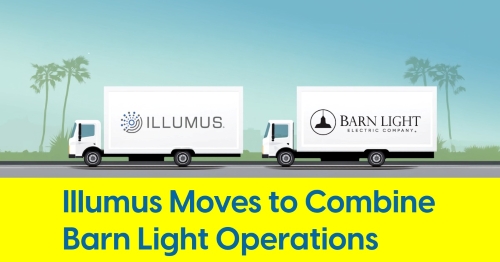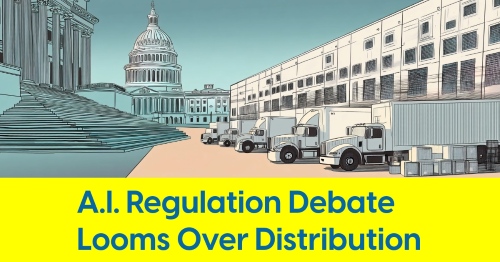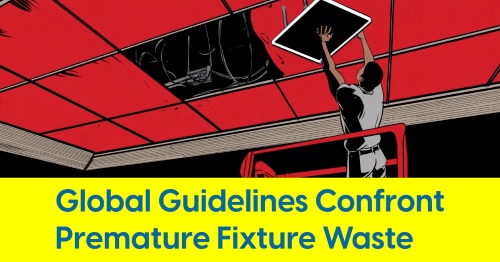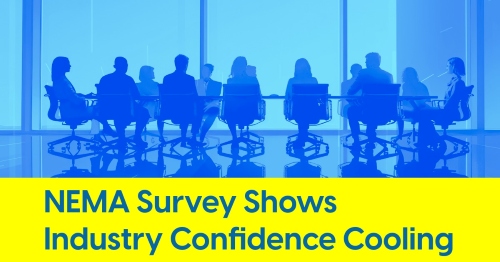May 5, 2025
Signify Launches Dual Lawsuits Against Liton and ETI Lighting

Two more litigation targets emerge amid Signify’s constant IP campaign
On Friday, May 2, lighting giant Signify filed two new lawsuits in federal court, targeting Liton Lighting and ETI Solid State Lighting with separate claims of patent infringement. The cases, filed in California and Georgia respectively, mark the latest salvo in what has become a defining feature of Signify’s enforcement strategy: an aggressive, multi-front legal campaign to protect its LED intellectual property — and to encourage unlicensed manufacturers to join its EnabLED licensing program.
These filings arrive on the heels of recent litigation against Nanoleaf, Atomi, and Keystone Technologies, the latter of which settled with Signify just last month after a yearlong dispute.
A Legal One-Two Punch
The ETI suit, lodged in the Northern District of Georgia, accuses the manufacturer of infringing nine patents related to LED lighting products, including downlights, wall packs, and under-cabinet fixtures. Signify asserts that ETI has been aware of its infringement for years, dating back to at least 2015, and had received multiple notices and detailed claim charts as early as 2021.
According to the 116-page complaint, ETI continued selling its allegedly infringing products — including the "Color Preference Downlight" and “VersaPak Wall Pack” — despite repeated outreach from Signify to negotiate licensing terms. Signify claims this constitutes willful infringement and is seeking both damages and injunctive relief.
In parallel, Signify also filed suit against Liton Lighting (EEMA Industries Inc.) in the Central District of California. That complaint targets seven patents, most centering on configurable lighting systems and thermal management in recessed fixtures. The key accused product line is Liton’s “ColorSelect” offerings, which allow end users to toggle between color temperatures via a built-in switch — a feature Signify claims falls squarely within its patented territory.
The Liton case, like the ETI filing, portrays a history of ignored warnings and failed licensing overtures, with documentation of at least six separate notifications sent between 2018 and 2024.
A Broader Enforcement Pattern
These two new cases represent the latest chapter in a campaign that now spans North America’s lighting sector, from smart home innovators like Nanoleaf to commercial mainstays like Keystone.
The backbone of Signify's patent portfolio is the EnabLED licensing program, which offers access to more than 5,000 LED-related patents covering technologies ranging from color mixing and RF communication to thermal design and driver circuitry. Participation is voluntary, but for those unwilling to sign on, the legal consequences have become increasingly real.
This spring’s settlement with Keystone Technologies ended nearly a year of litigation and set a tone for Signify’s renewed push: resolve amicably — or face prolonged, high-cost disputes. ETI and Liton now find themselves navigating that same crossroads.
Industry Implications
What stands out about Signify’s approach is not only its persistence but its consistency. The targeted companies span geographies, product categories, and business models. Yet the narrative remains the same: Signify offers the EnabLED license, gets rebuffed or ignored, and then pursues enforcement through federal courts. The filings, often extensive in detail, suggest that Signify is playing a long game.
Whether this approach leads to broader compliance or just more courtroom entanglements remains to be seen. Either way, Signify doesn’t seem inclined to blink.
